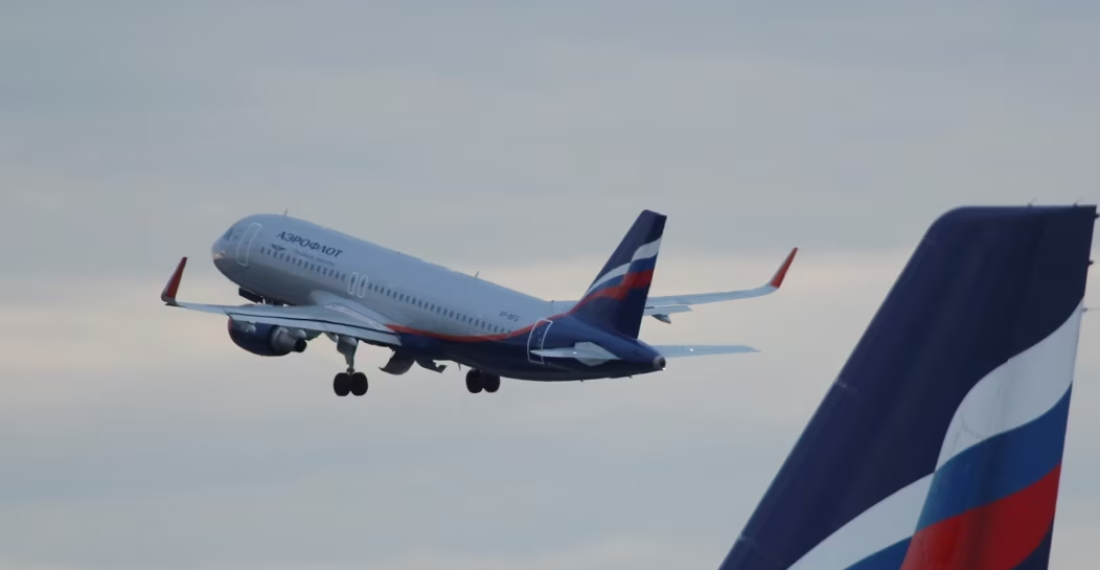On Wednesday (10 May), Russian President Vladimir Putin signed two separate decrees lifting a ban on flights to Georgia, and abolishing visas for Georgian citizens.
From 15 May, Georgian nationals will be allowed to enter Russia without visas for up to 90 days. Lifting the ban on flights reverses a 2019 decision in which the Kremlin banned air traffic with Georgia following a wave of anti-Kremlin protests there.
After President Putin signed the decrees, the Russian Foreign Ministry also released a statement reversing its 2019 advice against Russian citizens travelling to Georgia.
The statement added that Putin's decrees "are in line with our principled approach of consistently facilitating the conditions for communication and contacts between the citizens of Russia and Georgia, despite the absence of diplomatic relations".
Later, Russian state media outlet RIA Novosti reported that the Georgian Deputy Minister of the Economy and Sustainable Development Mariam Kvrivishvili said that Georgia would issue permits for direct flights to non-sanctioned airlines, before adding that authorities were yet to receive any such requests from Russian airlines.
Georgian President calls decision "another Russian provocation"
Russia and Georgia have not had any official diplomatic relations since the aftermath of the 2008 Russia-Georgia war, after which Russia occupied Abkhazia and South Ossetia. Relations between the governments have since improved somewhat despite this, however.
In 2012 the Georgian government abolished visa requirements for Russians, and very large numbers of Russians have moved to Georgia since the start of the full-scale Russian invasion of Ukraine in February 2022.
Reacting to the news, Georgian President Salome Zourabichvili called the decisions "completely unacceptable, inappropriate and untimely", and "another Russian provocation".
She also called on the Georgian government to introduce a visa regime for Russian citizens, saying "more control is needed over the Russian citizens who are entering [Georgia after leaving Russia] [and] who are staying in the country, and some measures must be taken to bring all of this into a normal, civilised framework."






